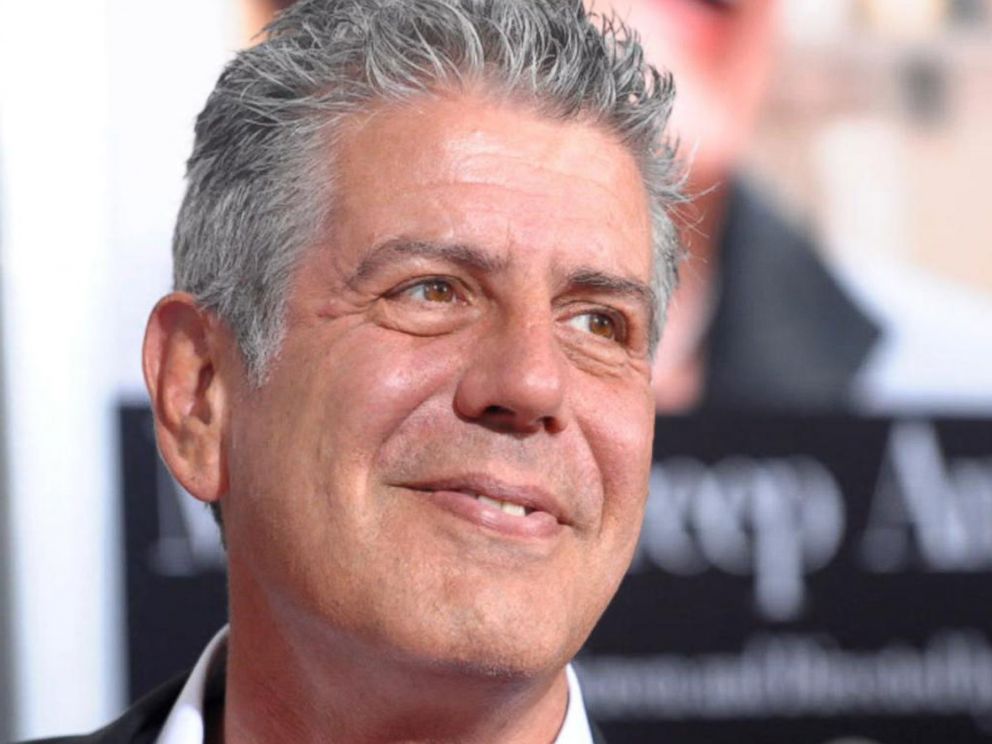
Introduction
Anthony Bourdain, the renowned chef, author, and television personality, became a household name through his groundbreaking approach to culinary storytelling. His unique blend of food, travel, and culture captivated audiences worldwide and significantly influenced the way people perceive cuisine and the stories behind it. With the culinary landscape rapidly evolving, Bourdain’s impact remains profoundly relevant in today’s society.
The Journey of Anthony Bourdain
Bourdain first gained prominence with his bestselling book, Kitchen Confidential: Adventures in the Culinary Underbelly (2000), which candidly revealed the chaotic world of restaurant kitchens. The book not only showcased his remarkable storytelling abilities but also lifted the veil on the hard realities of working in the culinary industry. Following this success, Bourdain transitioned into television, creating and hosting shows such as No Reservations and Parts Unknown, which explored global cultures through food.
His authentic approach resonated with audiences, allowing them to connect deeply not just with the food, but with the people and traditions behind it. Bourdain’s ability to tackle complex social issues, from poverty to politics, through the lens of food set him apart from other food personalities. He emphasized the importance of cultural appreciation and the ethical complexities of eating and travel.
Recent Developments
Since Anthony Bourdain’s tragic passing in 2018, there has been a renewed interest in his work and legacy. Documentaries like Roadrunner have provided an intimate glimpse into his life and struggles, while his previous television episodes continue to air, inspiring new generations of food lovers. Bourdain’s impact on the restaurant and food industries is evident in the increasing number of chefs and food critics who strive to emulate his style of storytelling.
Several organizations, including the Anthony Bourdain Legacy Project, have been established to honor his commitment to culinary arts, culture, and social justice. These initiatives aim to promote the very values he championed during his life, such as fostering awareness of various cultures and advocating for marginalized communities.
Conclusion
Anthony Bourdain’s influence extends far beyond the kitchen. He reshaped how we view food, travel, and culture, igniting discussions about ethics and social responsibility in culinary practices. As the world continues to navigate complex issues surrounding food and identity, Bourdain’s work serves as both a guiding light and a reminder of the stories that food can tell. The culinary community and fans alike will remember him not just for his food, but for the compelling narratives that brought humanity to the table.



